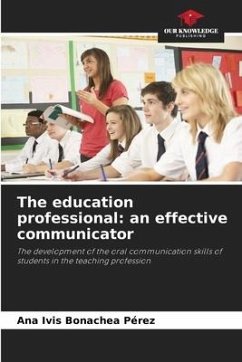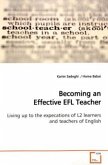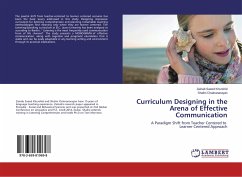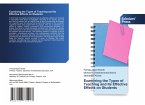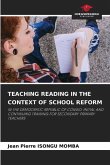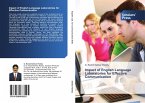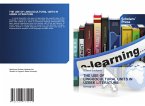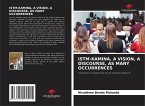The need to communicate effectively is configured in a particular way in Pedagogical Universities based on the criterion that in this framework, in addition to being the main vehicle for learning all subjects, language is the professional instrument that future teachers will use during the teaching-learning process in their professional performance. This is even more important for Special Education students who must be trained with a clinical-psycho-pedagogical approach for the prevention, education, re-education and rehabilitation of language and to communicate efficiently with people with special educational needs; however, this is not a subject that has been systematised in pedagogical theory and practice. In order to solve this problem, the author of this thesis proposes an interdisciplinary teaching-learning strategy aimed at the development of oral communication in students, taking into account contributions from different sciences. The positive effects caused in the group of teachers and students taken as a sample argue the relevance of the proposed strategy.
Bitte wählen Sie Ihr Anliegen aus.
Rechnungen
Retourenschein anfordern
Bestellstatus
Storno

